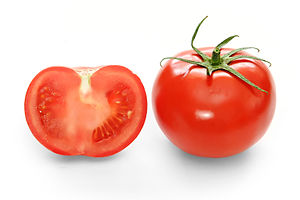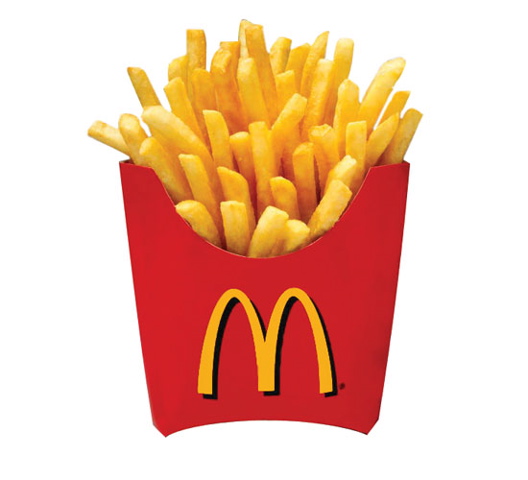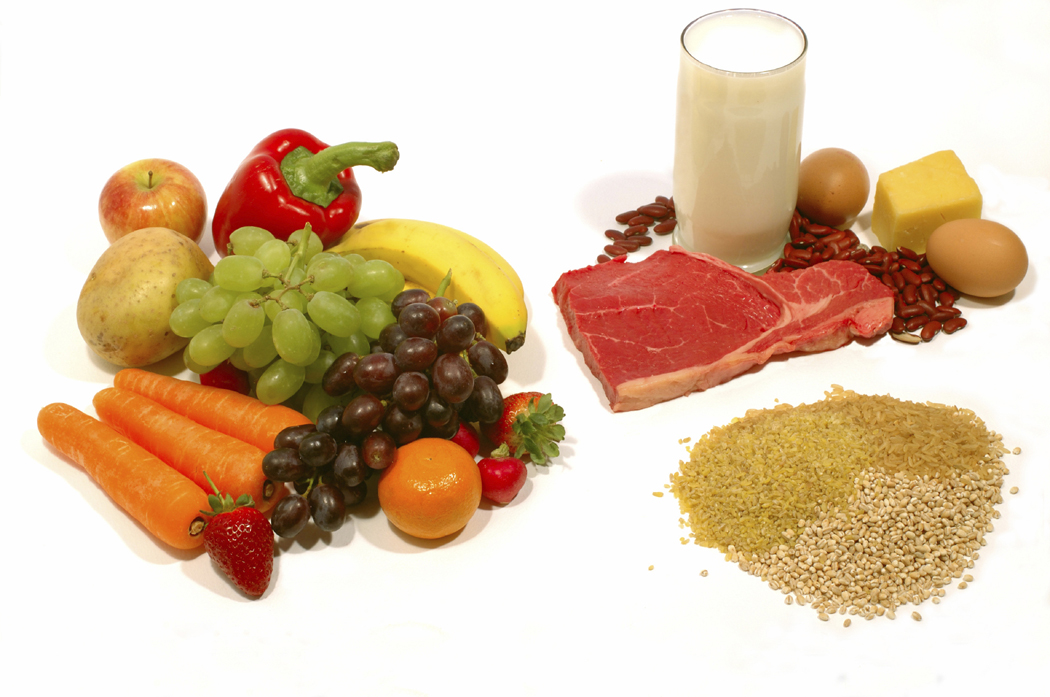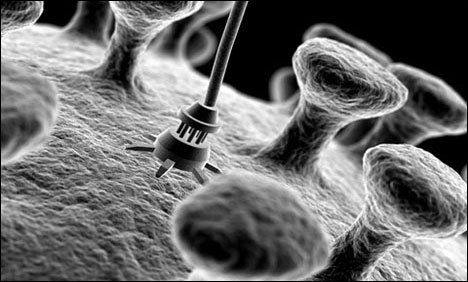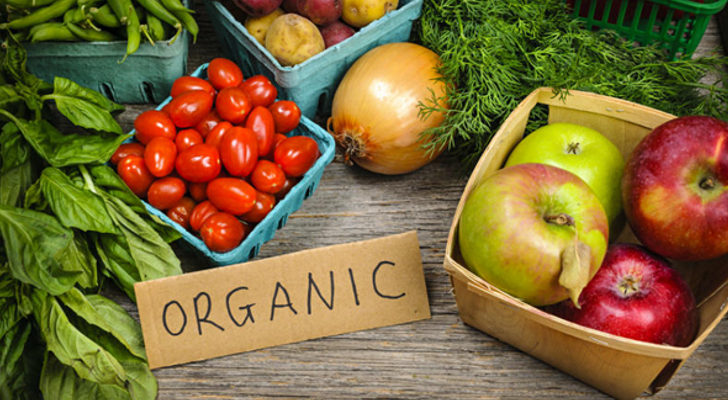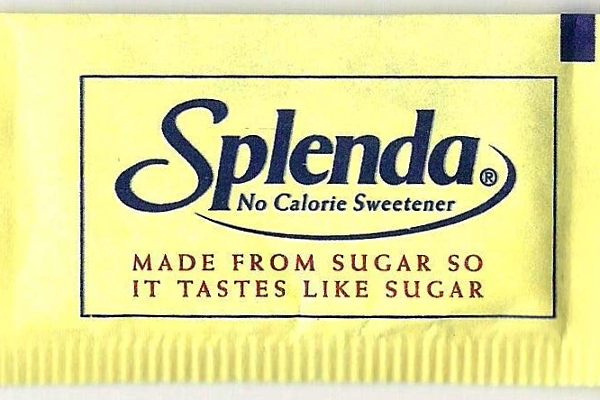
by author Sandra Tonn, RHN With increasing awareness about the dangers of chemical sugar substitutes such as aspartame, consumers are searching for a replacement.What about Splenda???? they ask me, hoping to receive some assurance from a nutritionist that they can enjoy their sweets without calories or adverse health effects. They eagerly insist, Its made from sugar, so its natural,??? and wait for permission to indulge.Just Add ChlorineI wondered how an artificial sweetener could be natural and decided to investigate. The patented multi-step process starts with cane sugar. Three hydrogen-oxygen groups on the sugar molecule (sucrose) are replaced with three chlorine atoms, resulting in an artificial compound that is approximately 600 times sweeter than sugar. This compound, which was named sucralose, is chemically stable and, therefore, […] Read More

